Traveling North to Cabo Del Gado
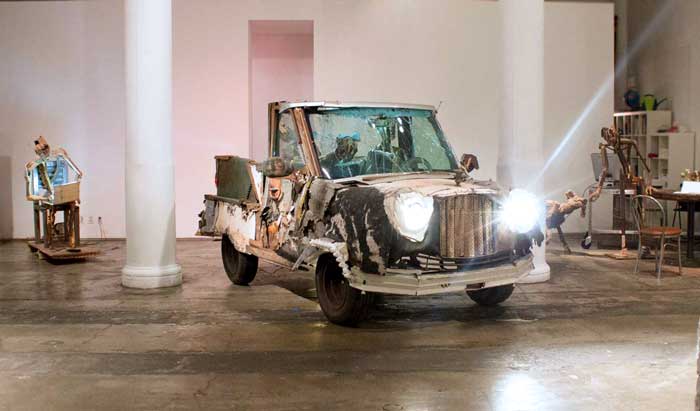
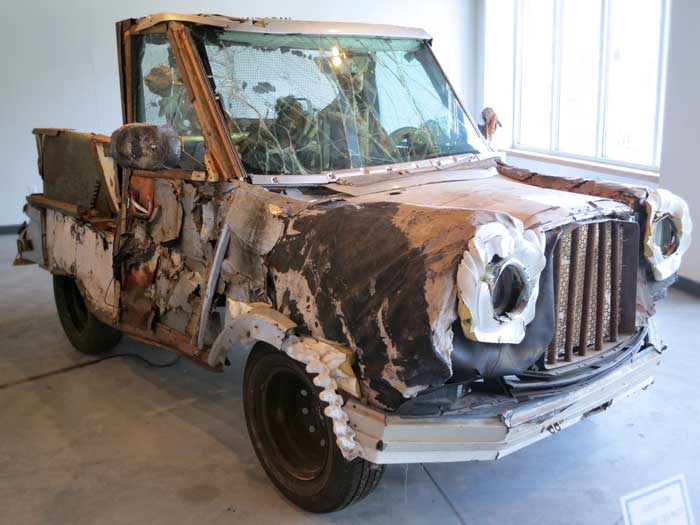
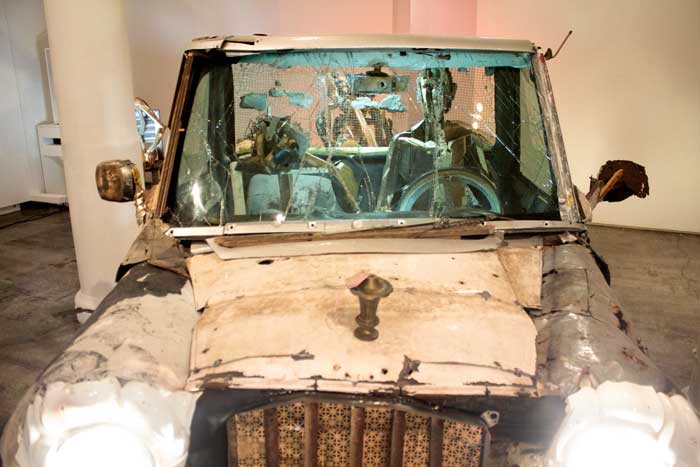
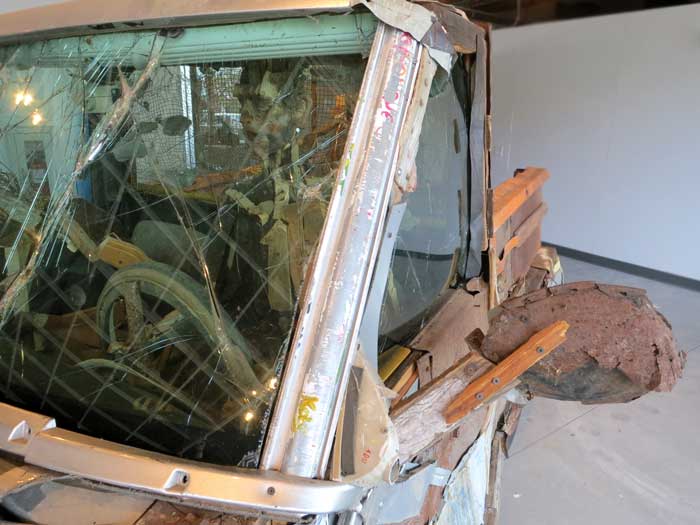
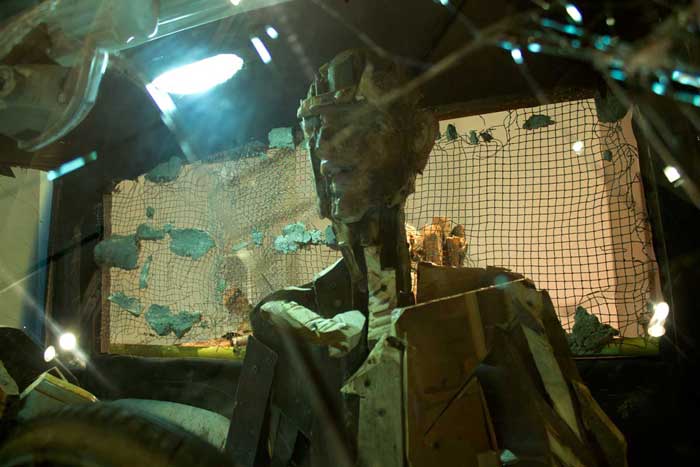
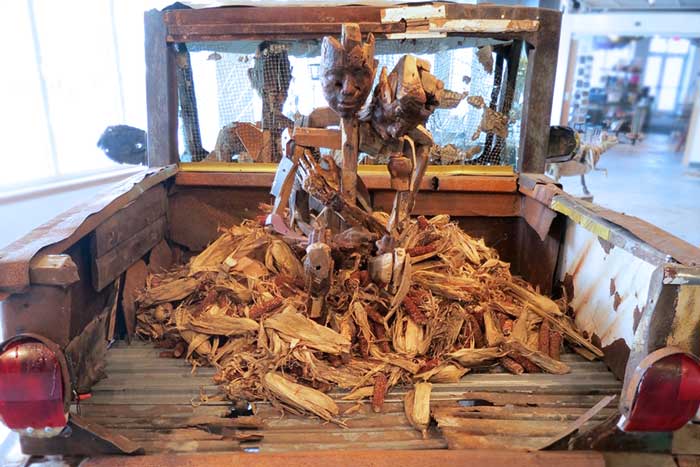
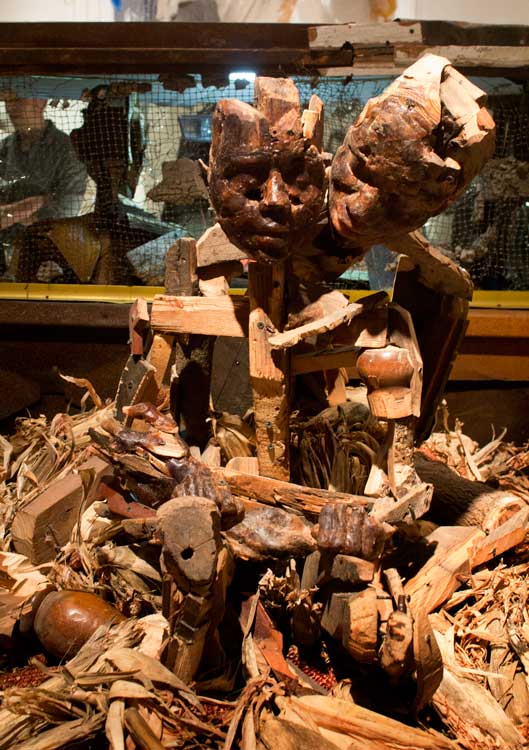
When I was 18, teaching in Mozambique, I traveled to North of the country to paint murals. I hitched rides on the back of trucks with strangers. Many of the passengers were taking their first trip on a motorized vehicle. Some were moving homes, carrying all their belongings. There was always a sense of excitement among us. One of the trucks crossed the Zambezi river on a barge. The bridge was bombed a decade prior during Mozambique's civil war. North of the river felt like a different country. It was hit hardest by the war, disconnected from Westernised South Africa, mostly Muslim and sparsely populated.
One lucky day, a small family of a mother, father and son and I bargained a ride on the back of a truck carrying corn. We traveled through the night across the sparse northern landscape. The father laid alone and fell asleep after a few hours. The boy sat on his mothers lap facing backwards directly in front of me as she embraced him. They did not speak English or Portuguese but we looked at each other. The boy studied me for hours. We smiled at each other. As it turned to night, the mother fell asleep, still embracing her child. Her arms and head dropped. The boy and I were too excited to sleep.
There were no towns or lights for miles and besides the trucks light there was absolute darkness. There was a warm glow ahead. The boy saw the reflection in my eyes and as we approached I could start to see him. He was frightened and placed his hands clenched on his knees. He did not move to wake his mother but looked directly into my eyes. What I learned later, he must have already known; farmers in the North burned forests to clear trees before planting crops. There was a blaze on both sides of our small dirt road ahead. The driver of the truck continued. We passed through the flames, exposed. We were bathed in light and warmth. The boy never flinched. When we had passed the flames he smiled at me and then we slept. As many of my memories of Mozambique have faded over the past decade, this one has remained; maybe it has even strengthened over time. The fire may have gotten stronger, the boy closer.
The assemblage of the truck has become a vessel for the memory, and I have changed the memory through the development of the piece. I am not in the truck to share the moment with the boy as I have long left, but his mother remains. Over the eight month construction of the truck, the mother has woken, the boy has relaxed his posture and his face. He even begins to smile. My memory is now of the two, comforted in their embrace.
